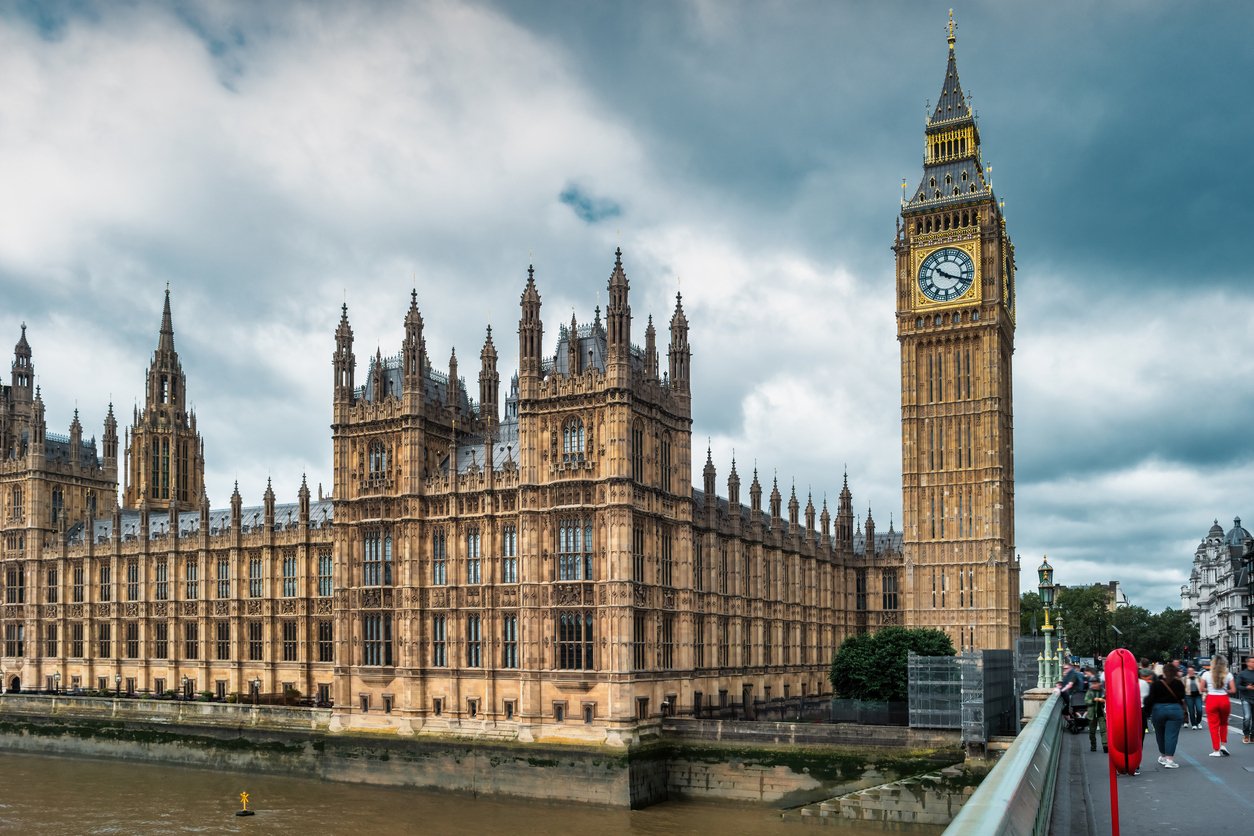LandTech's Head of Research, Harry Quartermain, gives his opinion on the latest political changes shaping housing leadership and the future of planning reform.
Who Would Willingly Choose to Be a Politician?
You not only have to deliver change, but also do so while being accountable, inclusive, and scrupulously following the rules. Political accountability has been rare in recent years, which makes Angela Rayner’s departure - paying the price for a mistake in her tax affairs - all the more disappointing, especially given the progress made in housing and planning reform over the past 14 months.
Planning Reform Pushes On Despite Political Shifts
As we’ve discussed before, Housing Secretaries have a reputation for lifespans shorter than many planning applications. And yet, following the appointment on September 5th of Steve Reed OBE MP as the new Secretary of State for Housing, Communities and Local Government, it’s Matthew Pennycook’s retention as Housing Minister that signals the stability and continuation of the Government’s drive towards planning reform. As the Planning and Infrastructure Bill and the English Devolution and Community Empowerment Bill continue to pass through parliament, we can expect the Government’s flagship legislative programme to continue despite Rayner’s untimely political hiatus.

Steve Reed’s Experience in Local Government and Housing Policy
Reed steps into this pivotal role with broad experience of local government. A former leader of Lambeth Council from 2006 to 2012 and Deputy Chairman of the Local Government Association, he knows local government inside and out. Elected as MP for Streatham and Croydon North in 2012, he later served in the Shadow Cabinet in several roles, including Communities and Local Government (2020–21), Justice, and Environment, Food and Rural Affairs (2023-24). Most recently, he was Secretary of State for Environment, Food and Rural Affairs from July 2024 until this reshuffle.
Planning Reform Faces Pressure Ahead of the Next General Election
Steve Reed’s tenure begins at a moment when momentum and delivery are all within reach. But the clock is already ticking down to the next General Election cycle. Three years might seem a long way away, but in planning terms - where a planning application can take two or three years to approve and a new local plan can take seven - it’s just around the corner. The choice for local government at the moment seems to be between reform and Reform.
Want help making sense of all the new governmental changes? Get in touch.

